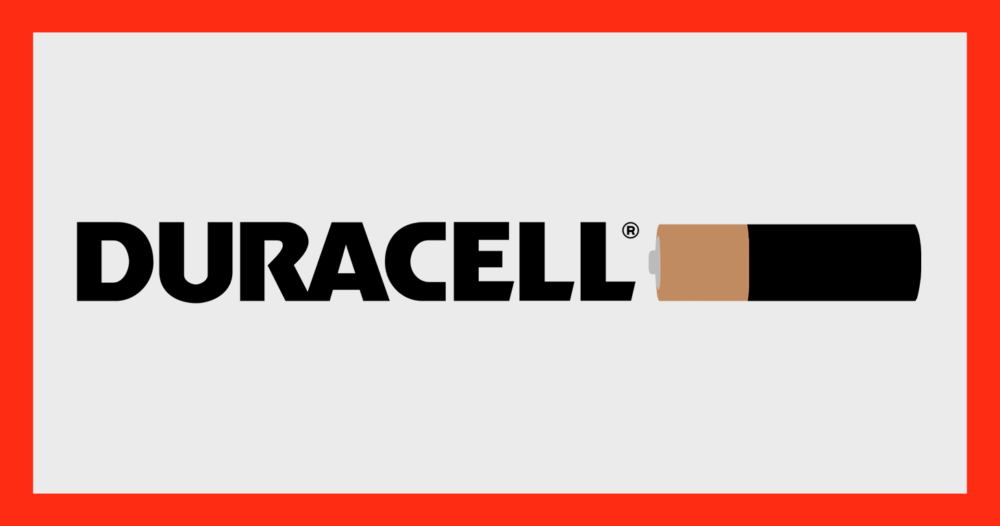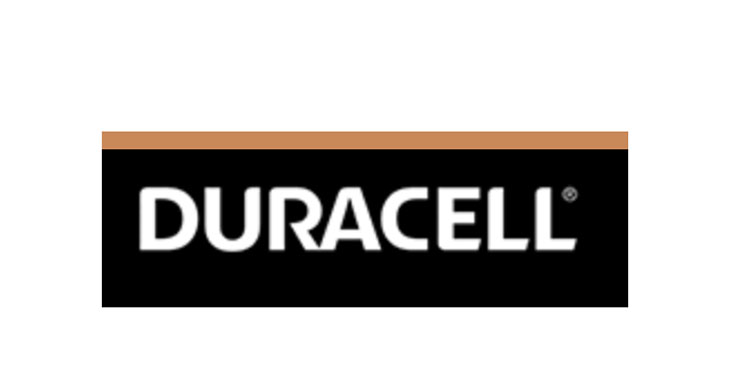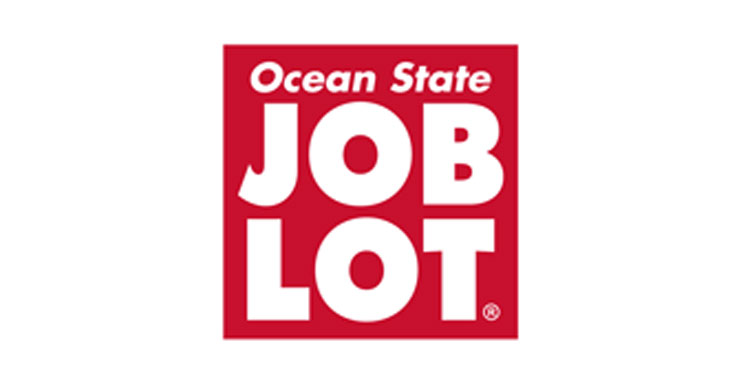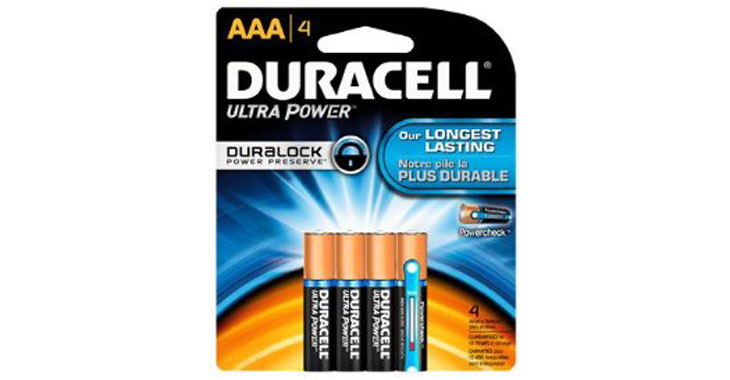Duracell
TINA.org filed an amicus curiae brief in a case regarding the deceptive marketing of Duracell Ultra batteries supporting a class member’s petition for review to the U.S. Supreme Court to resolve how courts should evaluate certain types of class-action settlement relief.

Timeline
2016
March 21
The U.S. Supreme Court denies certiorari, meaning that it will not be reviewing this case.
January 14
Believing that there is a great need for uniformity in how federal courts value injunctive relief in false advertising class-action lawsuits, TINA.org files an amicus curiae brief in support of the petition for review to the U.S. Supreme Court.
2015
December 11
One of the objectors files a Petition for a Writ of Certiorari to the United States Supreme Court, urging the Court to review this case. Among other things, the petitioner argues that the 11th circuit decision is at odds with other circuits in the nation, and that the 11th circuit made a big mistake in ascribing value to meaningless injunctive relief (i.e., promising to refrain from making certain claims on the label of a product that is no longer being sold), as well as the donation of defendants’ own products to charities.
July 16
The 11th Circuit Court of Appeals publishes an opinion affirming the District Court’s order approving the settlement.
2014
September 15
Objectors appeal the District Court’s decision to the 11th Circuit.
August 21
The District Court, overruling class members’ objections to the agreement, grants final approval of the settlement.
2013
October 25
The Gillette Company and Proctor & Gamble settle a class-action lawsuit over the allegedly deceptive marketing of Duracell Ultra batteries. (Plaintiffs alleged that the companies falsely marketed Ultra batteries as lasting longer than the standard CopperTop batteries when that wasn’t the case.) The settlement provides $5.68 million to the plaintiffs’ attorneys, $6 million worth of Duracell products to charities, $344,850 to the class (with each member who filed a claim receiving between $6 and $12), and a promise from Gillette to stop putting the allegedly misleading statements on the packaging of Ultra batteries, which, by the time the agreement was reached, had already been taken off the shelves and discontinued.
The Latest

Are You a ‘Reasonable Consumer’?
Courts weigh in on legal term.
Class-Action Tracker

Duracell LED Flashlights with Replacement Batteries
Allegations: Misleadingly advertising the amount of time Duracell LED flashlights provide light and the lifespan of the flashlights while in storage

Duracell Batteries at Ocean State Job Lots

Duracell Ultra Advanced and Ultra Power Batteries
